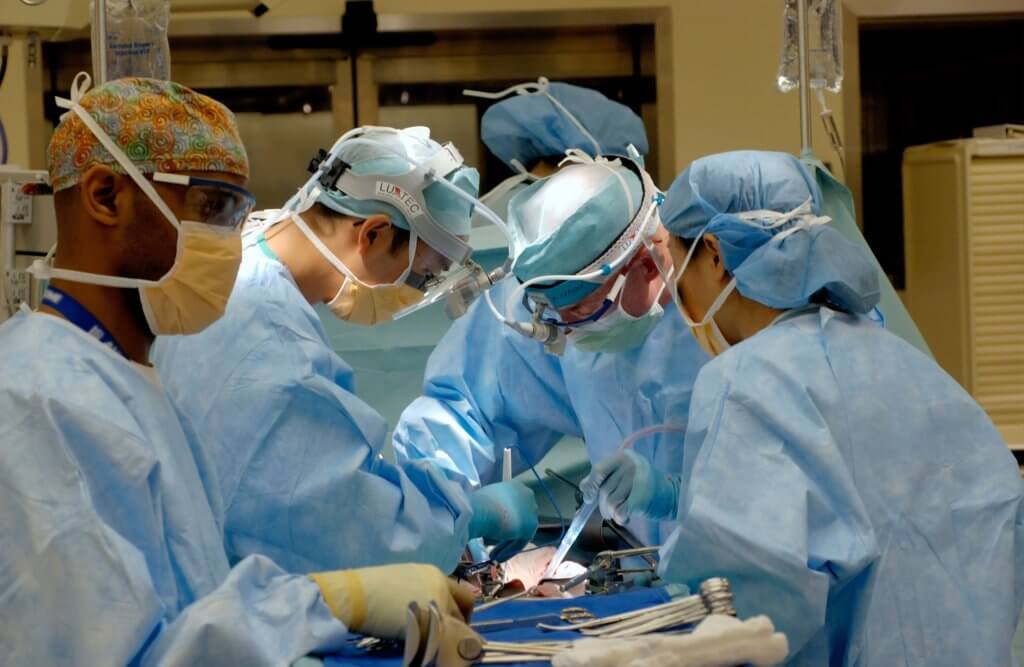DUNEDIN, New Zealand — Breaking a serious sweat before going under the knife could save patients from complications after surgery. Researchers from the University of Otago have confirmed that intense exercise before surgery significantly improves a person’s recovery. High-intensity interval training effectively reduced hospital stays, as well as post-op complications, by as much as 56 percent.
“We have found that high intensity interval training (HIIT) is safe and effective for surgical patients. A HIIT program can meaningfully improve a patient’s fitness within four to six weeks, and this reduces postoperative complications and length of stay,” says lead investigator Dr. Kari Clifford.
The work looked at 12 studies including 832 patients who engaged in HIIT before their operations. The training involved repeated aerobic interval exercises at 80 percent of their maximum heart rate before going into an active recovery. The study covered all sorts of major surgeries, which are ones expected to last over two hours or have an anticipated blood loss over 500 milliliters. Liver, colorectal, urologic, and mixed major abdominal surgeries were all included. On average, participants were 66 to 67 years-old.
Most notably, there was a change in cardiorespiratory fitness (CRF), which is a measure that shows how well the body can receive and deliver oxygen to the muscles and organs during prolonged exercise.
“The pooled results suggest that HIIT increases cardiorespiratory fitness by 2.39 ml/min/kg. This is not only significantly different than standard surgical care, but is also clinically relevant: we know that this level of increase is associated with a lower risk of adverse postoperative outcomes,” adds Dr. Clifford in a university release.

Typically, post-op complications occur in 30 percent of patients, or up to 50 percent of frail patients. In this study, there was a consistent reduction in occurrences of cardiac complications, pneumonia, and post-op bowel problems.
“Our study’s pooled results showed that HIIT reduces the risk of having a complication by 56 percent, which is substantial; and on average they stayed for three fewer days in hospital,” explains Dr. Clifford.
“All of these findings suggest that a period – even as brief as four weeks – of pre-surgery high intensity interval training may substantially improve patient outcomes and bring with it robust benefits across patient populations.”
Although the evidence is strong that HIIT helps the recovery process, the next steps involve actually putting these programs into action and integrating them into surgical care. Until then, the work just adds to the growing pile of evidence that exercise is a huge part of overall health, and something we should all be aiming to do consistently.
“Supervised exercise programs can be expensive, so we are looking at how effective it is to support people training at home or in the community. Funding these programs may save money in the long term by reducing the cost of hospital stay and surgical complications. In the meantime, I would say to everyone, it is never too late to improve fitness, and this can really make a difference to health outcomes in the surgical context,” Clifford concludes.
The findings are published in the journal Surgery.
You might also be interested in:
- Best Exercise Bikes: Top 5 Stationary Rides Most Recommended By Experts
- HIIT at home: One-minute bursts of activity during chores as good for heart as going to gym!
- Medical equality: Study finds no difference in performance between male and female surgeons

